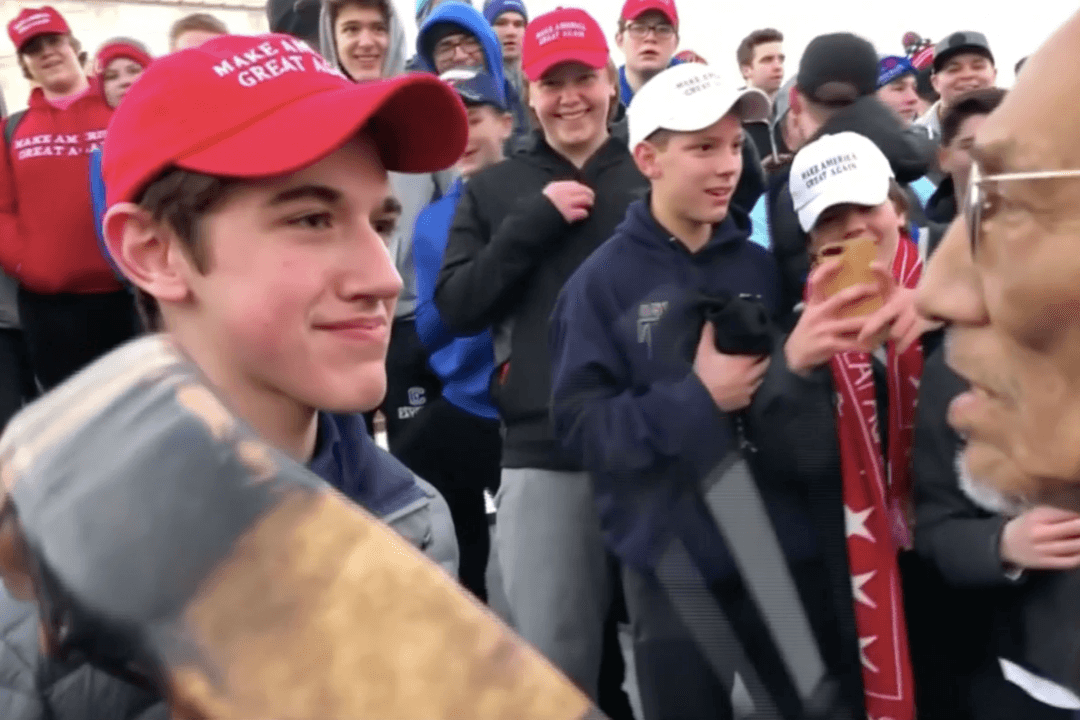Ahead of a potential defamation lawsuit, lawyers for Covington Catholic High School student Nick Sandmann sent letters on Feb. 1 to more than 50 people and companies, including The Washington Post, The New York Times, CNN, The Guardian, and NPR, as well as celebrities such as Bill Maher, Kathy Griffin, and Jim Carrey. Sen. Elizabeth Warren (D-Mass.) is on the list too.
The letters urge the recipients to preserve records, including electronic ones, related to the incident, where a number of media and people with substantial social-media followings spread claims about Sandmann and his classmates that turned out to be false or misleading.





